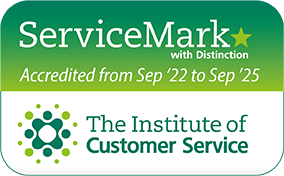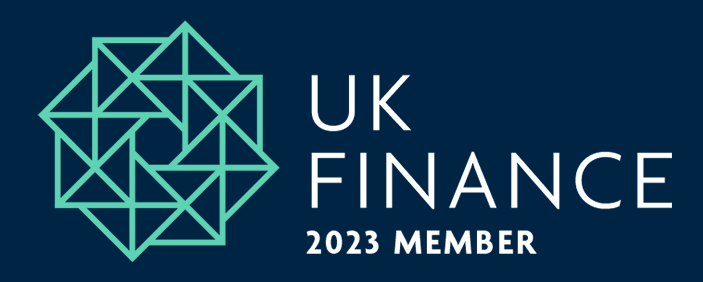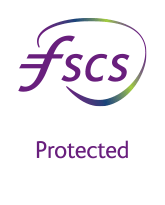Check out our back to basics, easy to understand guide to Cash ISAs.
Many believe paying off your mortgage as soon as possible makes good financial sense; the earlier you settle your mortgage, the less interest you have to fork out in the long run.
So, what is a mortgage overpayment?
Essentially it is what it says on the tin: repaying more than you are required to do so. By doing so, you could save a large chunk of cash in interest because you’re paying your mortgage off quicker. As soon as your overpayment is made, you will be paying no interest on the overpayment amount.
Below, you can find a list of considerations to help you determine if making additional payments is the right thing for you to do.
What does an overpayment look like?
There are two ways in which you can overpay on your mortgage:
- Lump sum overpayment: these are payments made in one go and not included in your monthly mortgage payments. You could either reduce your monthly payment or keep your payments the same and reduce your term (if capital & interest repayment type).
- Regular overpayments: this involves setting up a standing order payment to go straight to your mortgage account. Over time, these payments reduce your balance, and thus, interest payable over the term.
Should I save or make an overpayment?
Consider mortgage overpayments as an alternative to saving by using the money you would normal keep aside for a rainy day overpay instead. If savings rates are low, then you could potentially save more money by avoiding paying extra interest on your mortgage, instead of accumulating little interest in a savings account.
However, once payment is made it cannot be reimbursed. This means if your boiler unexpectedly breaks down or your dog has an emergency vet bill, you will need to find additional savings to use.
On the other hand, if the savings interest rate is higher than your mortgage interest rate, store your money into a savings account and watch your nest egg grow.
Can overpayments be made on all mortgages?
In short, no. Make sure you check the terms and conditions in your mortgage offer paperwork, or speak to your mortgage provider for clarification.
If you have a mortgage with us and you are unsure whether making overpayments is right for you, please submit a contact form and we will contact you via your preferred method directly.
What should I be aware of?
You need to be aware of the level of overpayments you are allowed to make without incurring additional charges. An early repayment charge (ERC) may apply if the overpayment limit on your mortgage product is exceeded. Make sure you check your mortgage offer documentation terms and conditions for clarification.
On top of this make sure you audit your finances before making an overpayment. For example, if you have any other outstanding debts which are more expensive, such as a credit card or personal loan, it would be more beneficial to pay this off first. If you need further advice and support on this, contact a local independent financial adviser who will be able to outline the best plan of action for you to take.
*All figures and data correct as of March 2023.
YOUR MORTGAGE IS SECURED ON YOUR HOME. THINK CAREFULLY BEFORE SECURING OTHER DEBTS AGAINST YOUR HOME. YOUR HOME MAY BE REPOSSESSED IF YOU DO NOT KEEP UP REPAYMENTS ON YOUR MORTGAGE.






